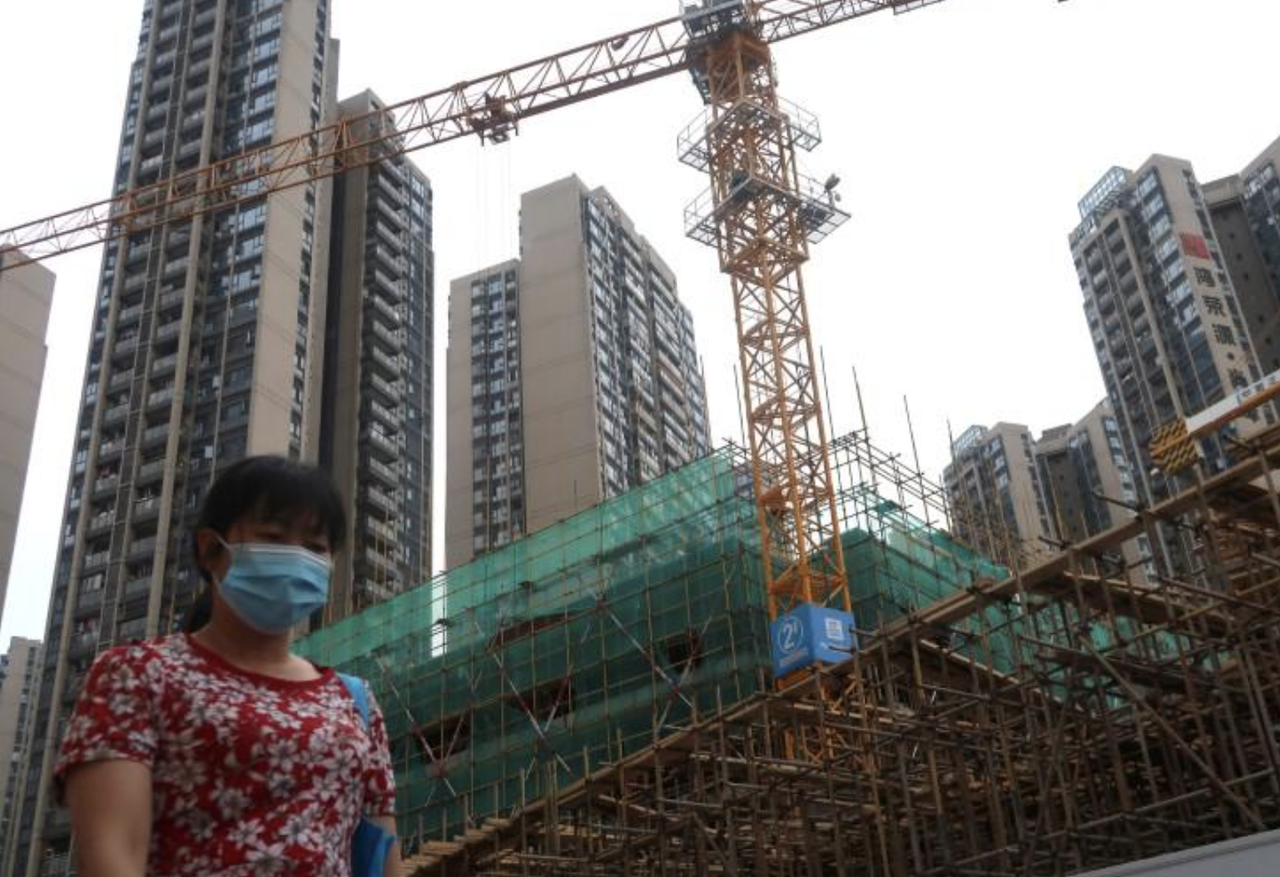Shenzen Adopts China’s First Personal Bankruptcy Laws As Small Businesses, Freelancers Face Financial Ruin
Tyler Durden
Thu, 06/04/2020 – 19:45
Surprisingly enough, considering that it’s a Communist State founded – at least, in theory – on the principles of social justice and equality, China doesn’t have personal bankruptcy laws, and individuals who are saddled with debt, medical or otherwise, are typically held liable for these debts until death.
However, back in 2007, as Beijing shifted its drift toward ‘economic liberalization’ into hyperdrive, the country adopted corporate bankruptcy laws. Corporate bankruptcies have surged in recent years, and earlier this year, we discussed expectations that the number for 2020 would be even higher, as the coronavirus upends the Chinese economy.
Now, Shenzhen, known as the “Silicon Valley” of the mainland, has drafted China’s first personal bankruptcy laws as the southern city prepares for what’s expected to be a wave of bankruptcies, particularly among the freelancers and smaller contractors common in China’s tech sector. The rules are intended to give “honest and unfortunate” debtors the chance to escape the mire of debt and make a comeback.
Despite corporate bankruptcy laws nationwide since 2007, individuals are still held personally liable for business debts, which makes it virtually impossible for entrepreneurs to be ‘okay’ with failure, like American entrepreneur gurus have advised.
China’s personal bankruptcy process bears certain – shall we say – “Chinese characteristics”. For example, the state will monitor the finances of those who file for personal bankruptcy for three years.
The draft rules, open for public comment until June 18, allow Shenzhen residents who cannot pay their debts to apply for personal bankruptcy if they have paid social insurance in the city for at least three years.
Once approved, applicants will spend at least three years in a supervised “probation” period before all or part of their debts are wiped clean. During this time their expenditure will be supervised, the draft rules said.
Other major Chinese cities are expected to follow in Shenzen’s footsteps as Beijing cranks up the stimulus and hastily reopens its economy. To prevent a second wave, it has embraced dramatic tactics like mass surveillance testing, which were used to test every citizen of Wuhan, something China purportedly finished doing last week (affording to state media).
Reuters claimed 76 companies filed for bankruptcy with the Shenzhen Intermediate People’s Court in May, up 85% from a year earlier. So-called individual businesses (in many cases freelancers) making up 3.3 million of the province’s commercial entities, and accounted for a large share of those filing.
“After the epidemic, it’s unclear just how many business owners will be forced on to the country’s defaulter list if they fail,” said Yin Yanrong, a partner in the Guangdong Baocheng law firm.
On the other hand, creditors who owe more than 500,000 yuan ($70,228.66) will also be able to petition for liquidation of debtor companies.
China has built its explosive growth on a mountain of bad debt. What’s going to happen when investors in the country are forced to take losses on “safe” securities for the first time?
via ZeroHedge News https://ift.tt/3cB6vmj Tyler Durden
